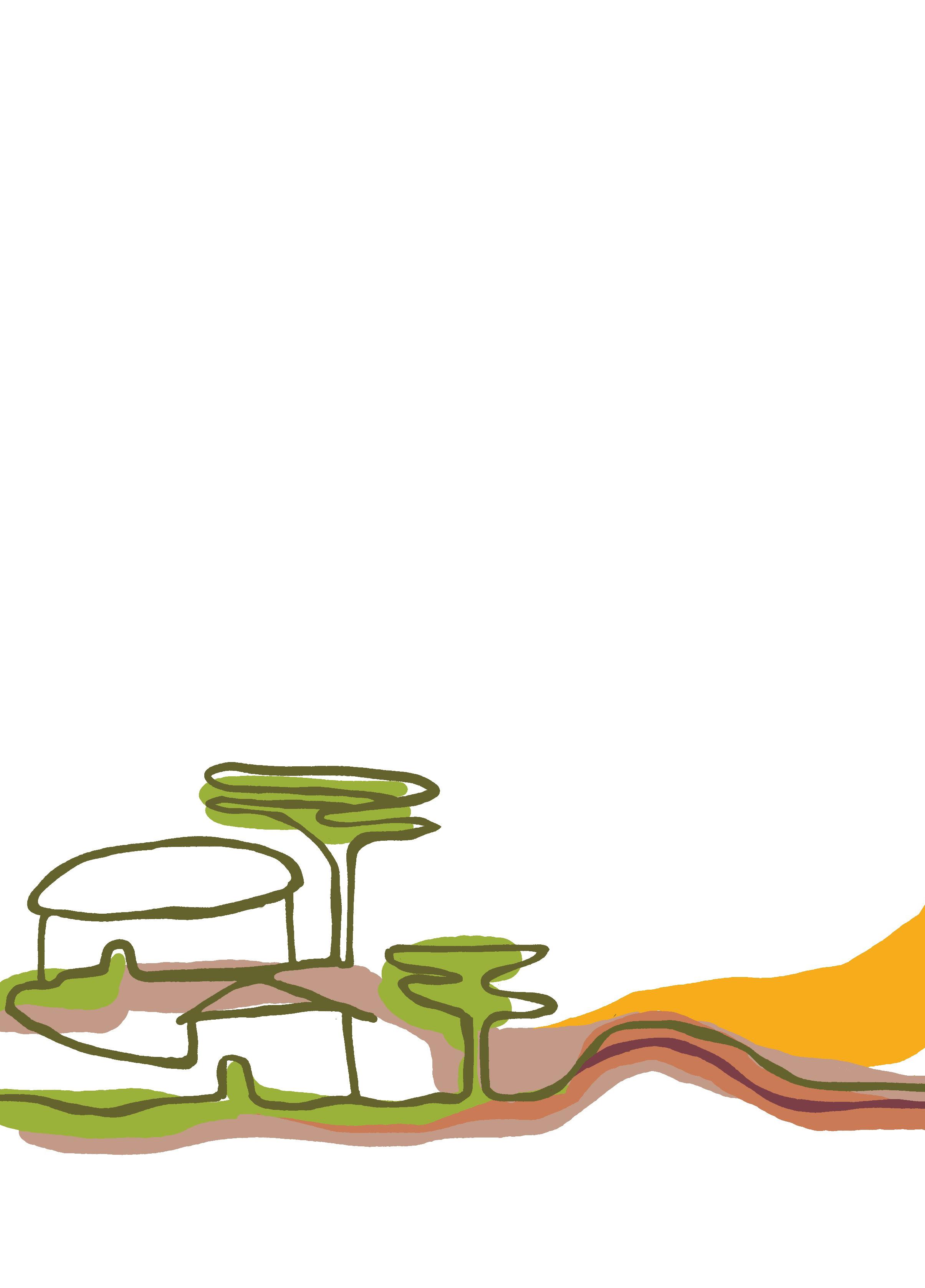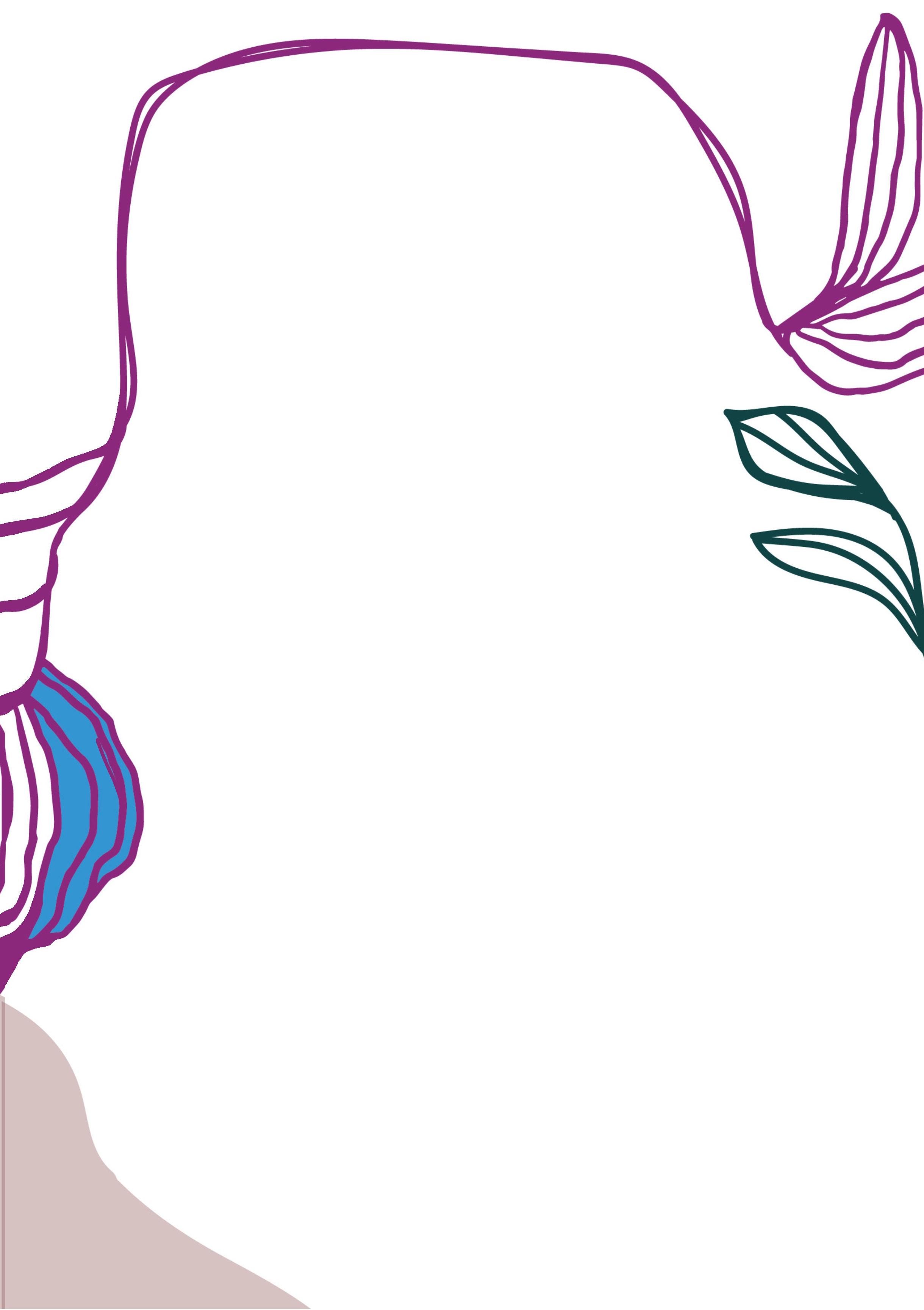THE TIME FOR ORGANIZING IS NOT JUST LONG OVERDUE; IT’S ESSENTIAL.
From June to October 2023, our Feminist Climate Justice Sharing Circles brought together climate activists from Africa, Asia, Latin America and the Caribbean.
sharing stories... weaving rich narratives of local experiences and regional strategies for
“ecocide”
powerfully emerges as a theme that illustrates how environmental destruction intersects with cultural and social attacks on marginalized groups. In Africa and Northern, Central and Western Asia and Latin America, rural and indigenous women are confronting the harsh realities of forced migration due to extreme weather and biodiversity loss, which take a toll on their mental health.
In the Caribbean, Southeast Asia and the Pacific, climate-related economic decline and increasing violence in fishing communities is disproportionately affecting women and LGBTQIA+ individuals.
The need for resistance and resilience is more pressing than ever.
Our collective focus includes shifting from mere survival to nurturing a collective ethos of care that reclaims our humanity. As we share strategies, it is clear that our fight for justice must encompass advocacy, intersectional organizing, and the reclamation of traditional knowledge.
“Our advocacy against the powers and our critical approach against the hegemony have to coincide with alternative practices that communities are doing”
- Amasai Jeke, Fiji
illuminating the interplay between engaging state structures and grassroots initiatives.
Feminist alternatives to polycrisis are everywhere...
From women farmers in Indonesia planting sorghum to agroecological collectives in the Philippines occupying land. Whether through renewable energy planning in Vietnam or
preserving native seeds in Honduras, these initiatives demonstrate the resilience and innovation of communities adapting to the climate crisis.
Our circles highlighted the need for supporting feminist economic alternatives, advocating for the fusion of traditional wisdom and modern technology, making complex issues more relatable and digestible
From our dialogues emerged a transformative call for regenerative activism, emphasizing mutual support and healing. The emotional toll of ecological degradation is profound; as one participant poignantly stated,
“They are killing us: not just only with physical effects of ecological degradation, but our spirit. We are tired. Therefore, what we must ask ourselves is how we are seeing and holding each other in this depressing state of affairs?”.
- Ruth Nyambura, Kenya
By creating spaces to hold collective pain, we nurture resilience without succumbing to despair.
The need for decolonization within climate movements is equally vital.
the importance of amplifying marginalized voices.
The ecological movement in Rojava serves as a compelling example, intertwining social ecology with daily life and underscoring the interconnectedness of our struggles. The urgency of transnational solidarity resonated deeply; historical examples, like the resistance against land grabs in Mozambique, illustrate the power of collective action across borders. Our circles recognized
No struggle exists in isolation; each is interconnected, calling for solidarity and mutual support.
Yet challenges persist in our pursuit of climate justice, from securing funding to building alliances. Mapping organizations and fostering connections are crucial steps in empowering grassroots efforts.
We need flexible financing that supports initiatives without compromising their integrity.
As we connect here and beyond, our commitment to building solidarity remains steadfast. We will continue to share knowledge and mobilize to shift paradigms unapologetically in the fight for feminist ecological justice.
Together, our voices are powerful, and our actions are essential for a just and sustainable future.
Our feminist transnational solidarities bring us closer to a world that prioritizes















